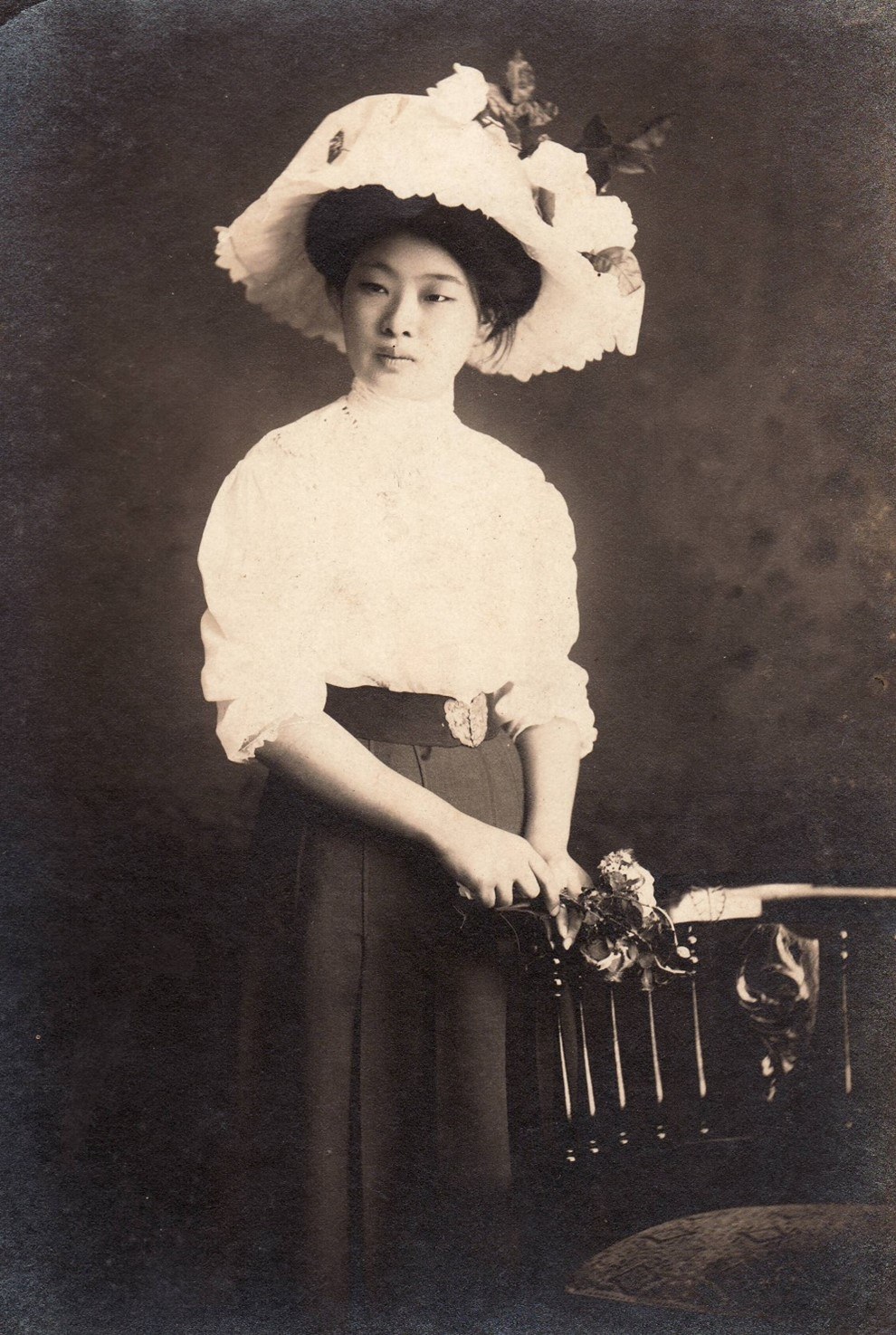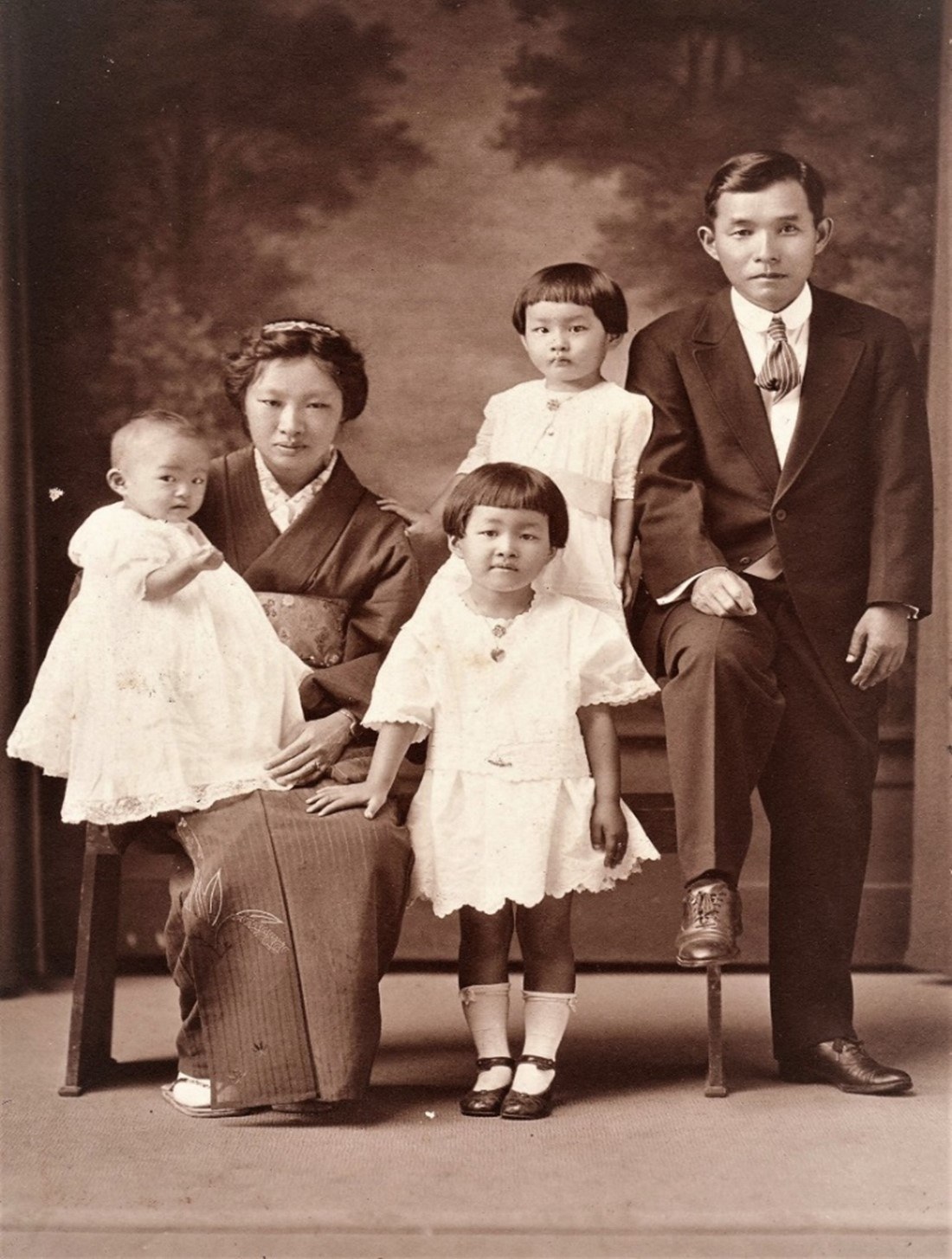By: John Okutani
Editor’s Note: John Okutani is a JCCH volunteer, and submitted this article to the JCCH for publishing. The material on this website is not to be used by any commercial or personal entity without expressed written consent of the blog author.

My maternal Grandmother, Tamayo (Kaneshige) Kuwahara, was born in 1893 in Honolulu, Kingdom of Hawaiʻi, to Kamekichi and Shima Kaneshige. Her parents immigrated to Hawaiʻi from Hiroshima, Japan, in 1887. Grandma Tamayo was thus a Nisei (2nd generation) and acquired her US citizenship in 1900 with the passing of the US Organic Act, which declared Hawaiʻi as a US Territory.
In 1916, she married my maternal Grandfather, Kiichi Kuwahara, an Issei, who arrived in Hawaii in 1896 from Yamaguchi Prefecture. Under the US Expatriation Act of 1907, my grandmother, upon marriage to a “foreigner,” had to surrender her US citizenship and assume the Japanese citizenship of my grandfather. The only way for her to regain her US citizenship was for grandfather to become a naturalized US citizen. This was impossible because US Naturalization law at that time did not allow for immigrant Asians to become naturalized citizens.

In 1920, women earned the right to vote with passing of the 19th Amendment to the US Constitution. Under subsequent newly acquired voting pressure from women’s groups, the Cable Act of 1922 was passed which ended the 1907 Expatriation Act rule “of expatriation through marriage”. This was not automatic however, as in order to re-gain citizenship, applicants had to apply through the “naturalization” process. As mentioned above, Asians were not allowed to become naturalized, so again regaining her US citizenship was still not possible for grandmother. In 1931, the Cable Act was additionally amended to allow spouses who lost their US citizenship “regardless of race” to be eligible and regain their citizenship.
I do not know when my grandmother applied to get her US citizenship back. However, my mother would always relate the story to me of how Grandma and her friend would go to Washington Intermediate School (Middle School today) to listen to the politicians and exercise their right to vote accordingly. Citizenship and the right to vote was precious to her and not to be taken for granted.
This story is not unique to my grandmother but to many 2nd generation spouses of all immigrant groups, in the same time period and under similar circumstances, whose lives were unjustifiably changed because of these discriminatory laws. This is part of their historical legacy to us on a national level. In the US, discriminatory laws and denial of voting rights are still a threat today with the passing of new voting rules or laws. Exercising your right to vote should not be taken lightly or for granted. It is the foundational way to support your views and to counteract such threats. Please exercise your right to vote, it was important then as it is today.
